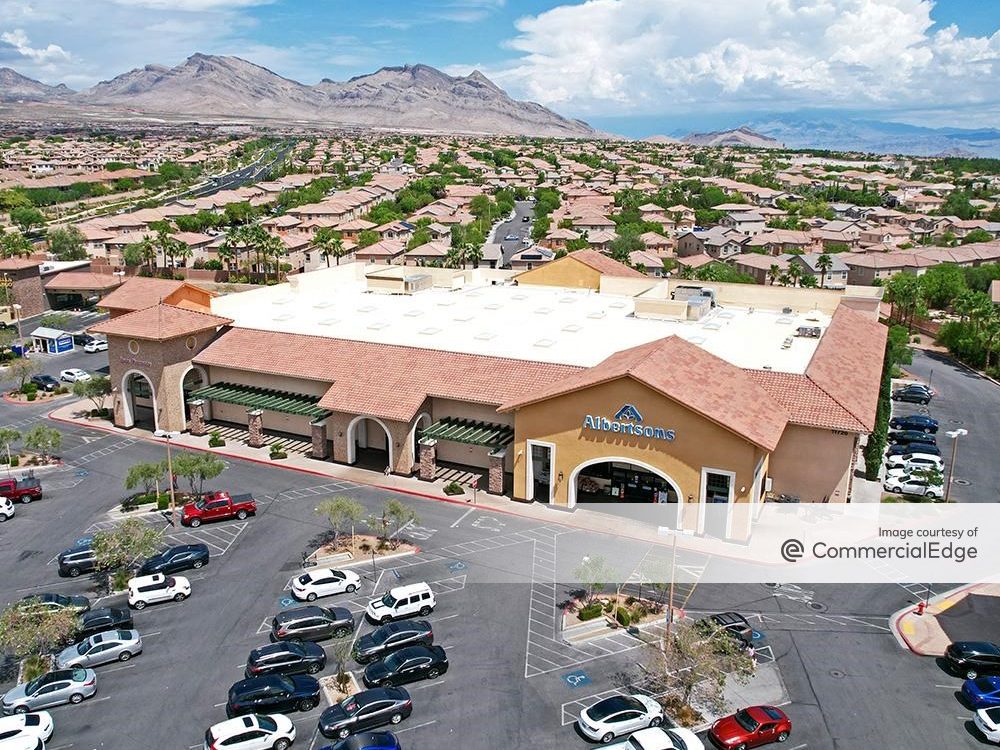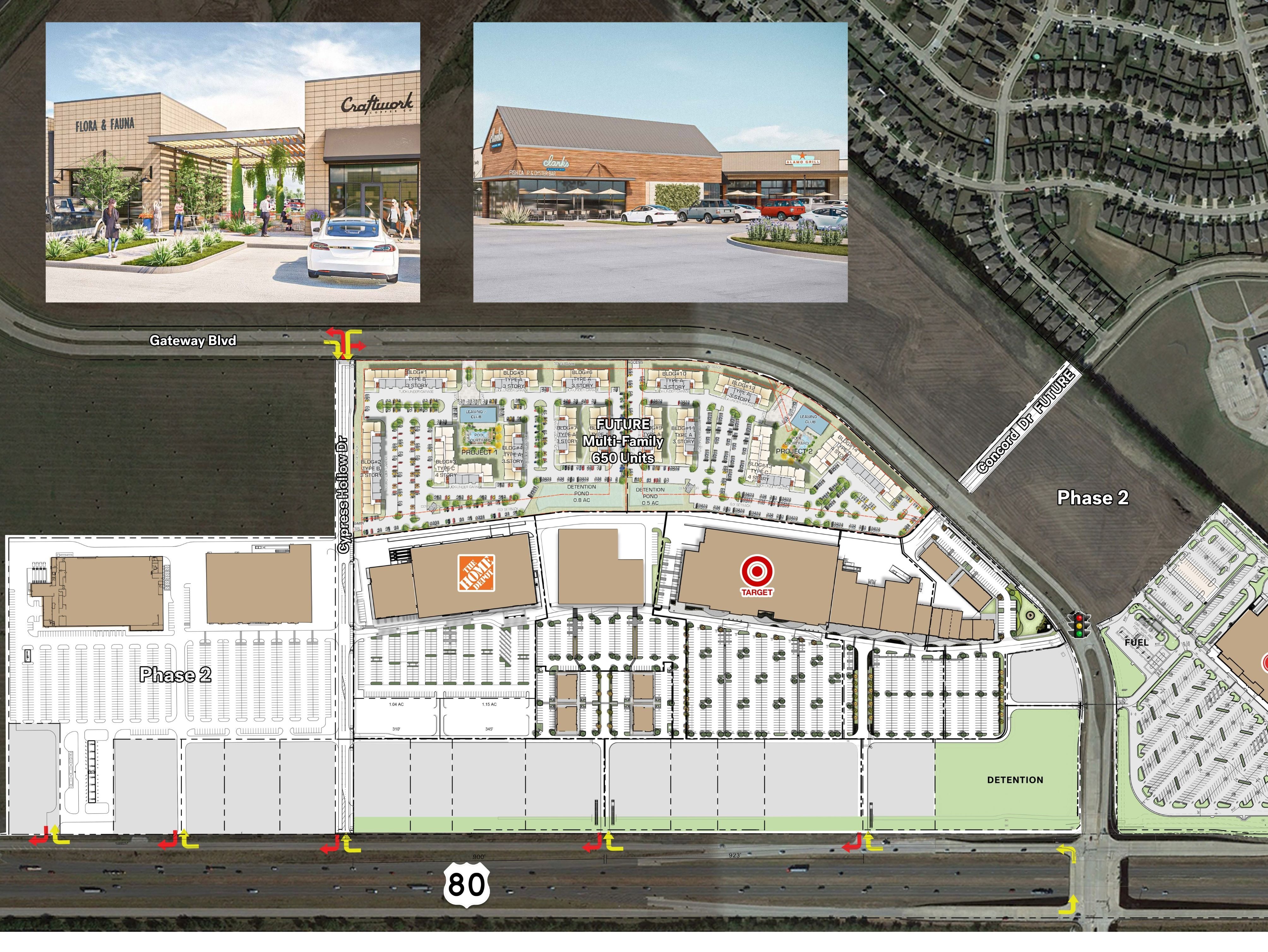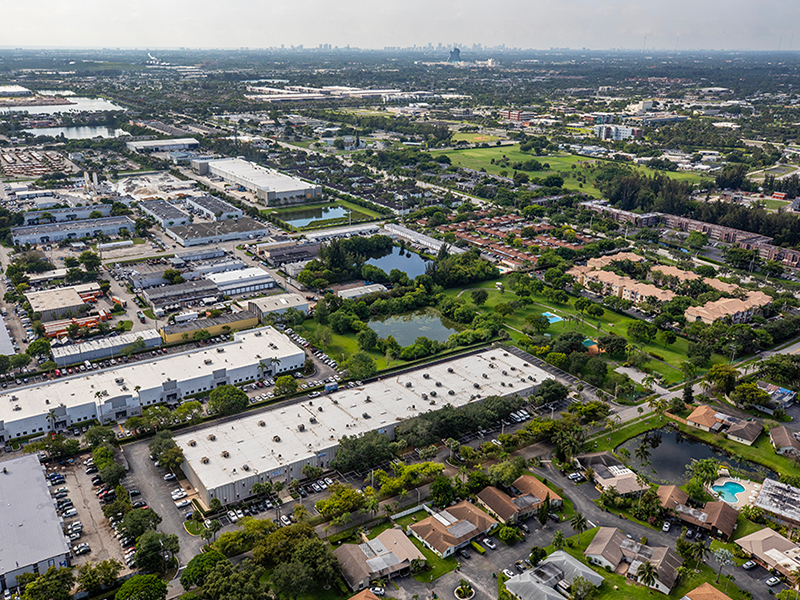CRETech 2022: Insights From the Main Stage
Industry leaders and innovators highlight the vital role technology plays in addressing today’s challenges.
Recording the highest number of companies, startups and investors attending a proptech conference to date, CRETech 2022, hosted in New York City, began with a keynote address by Hines Co-CEO Laura Hines-Pierce, and gave way to many industry-wide technology insights.
Hines-Pierce addressed the many challenges the industry faces, such as rising inflation and interest rates, geopolitical uncertainty and supply chain and logistics challenges, and described the role of technology and innovation in allowing the commercial real estate industry to navigate the current environment.
The keynote’s context
Hines-Pierce detailed Hines’ tireless desire to innovate across all aspects of its operations, in a “bottom-up, top-down approach,” constantly evaluating technologies in real time such as drones, 3D modeling, artificial intelligence and climate initiatives, as they relate to the firm’s bottom lines. Hines-Pierce described the firm’s use of drones, digital modeling and optimizing building materials in its operations, discussing the challenges of such evaluations, particularly as they relate to the firm’s ongoing South Station development, a testing ground for many of the firm’s future technological endeavors. “We can’t plan for technology for a building delivering in 2025. Think about things three years ago; we see what’s working well in some buildings and what we might bring along.”
Tech trends
In a separate panel, executives from a diverse array of areas in the industry weighed in on their own proptech priorities, taking into account the challenges the industry faces. Scott Wesson, chief digital officer of UDR cited his specific position, as well as its equivalents as “enormous, especially in the context of cybersecurity, building access and digital transformations.”
At the center of the discussion was an emphasis on being a technological “hub;” that is, the center of a cross-integration all the technologies and software a given firm uses in its operations, and how they apply to their clients, tenants and employees. The advantages of such a practice are many, but the key is to have an understanding of what landlords, operators and tenants really want: simplicity. Being part of or using a technological hub concept is one of the easiest ways to make this work.
What John Szczygiel, executive vice president & COO of Brivo emphasizes is an “all-encompassing solution;” that firms need not be the hubs or proptech solutions themselves, but can be a means to an end to a goal of simplicity and ease of access for their operators. To achieve this goal, Szczygiel emphasized a “sensible integration” of the technologies that a firm may have at their disposal, as opposed to things that may appear to be the newest or most flashy, but do not actually make things better for their operators.
Industrial inquiries
Will O’Donnell, managing partner of Prologis and Jeffery Wolpov, senior vice president of e-commerce at Ryder spoke of the technological challenges and opportunities their sector had experienced, due to much of the above-mentioned trends, but also the rise and prominence of e-commerce. Additionally, rents have doubled in the past five years, and demand for logistics space exceeds supply by an order of magnitude in nearly all of the nation’s major markets. “E-commerce customers are different. They want to be nimble, fast, efficient and have instantaneous gratification,” Wolpov said.
READ ALSO: Industry Embraces Reshoring Initiatives
Such a need-for-speed way of getting goods to the consumer demands innovation, which can only occur when outside “constraints are removed,” according to O’Donnell. Wolpov and O’Donnell discussed the role automation and artificial intelligence play in their logistics and shipping solutions, which adapt to the overall “growing pains” the industry is experiencing. Still, while it may be tempting to focus on one piece of the industrial puzzle, Wolpov emphasizes looking at the “entire ecosystem that supports a customers’ business.” “Everyone needs to work together,” Wolpov concluded.
The metaverse multiplies
Another prominent feature of the event was the burgeoning Metaverse, especially as it relates to the world of commercial real estate. Michael Phillips, president of Jamestown and Hrish Lotlikar, co-founder & CEO of Superworld, detailed the platform’s lucrative nature as both a commercial real estate investment opportunity and a way of communicating. “By owning a virtual layer, you can benefit from marketing spend, and all activity generated there. Virtually, there is unlimited potential,” Lotlikar added.








You must be logged in to post a comment.